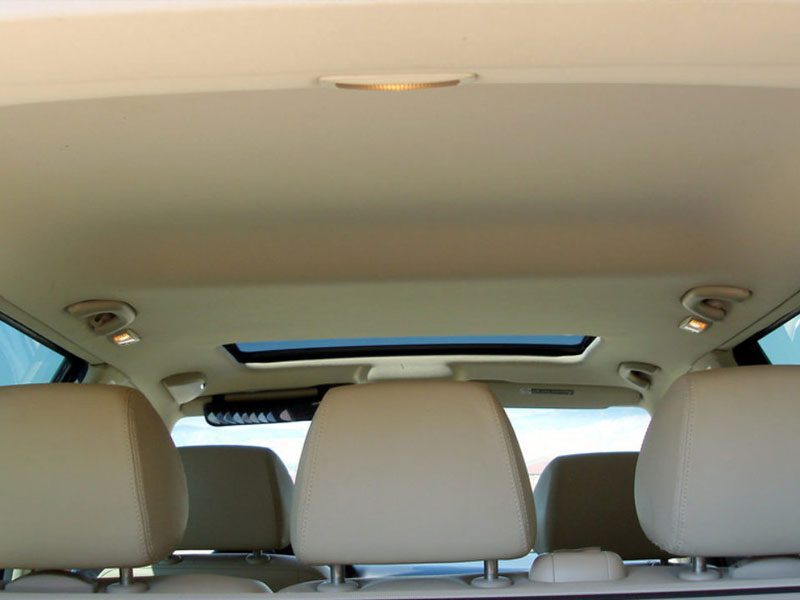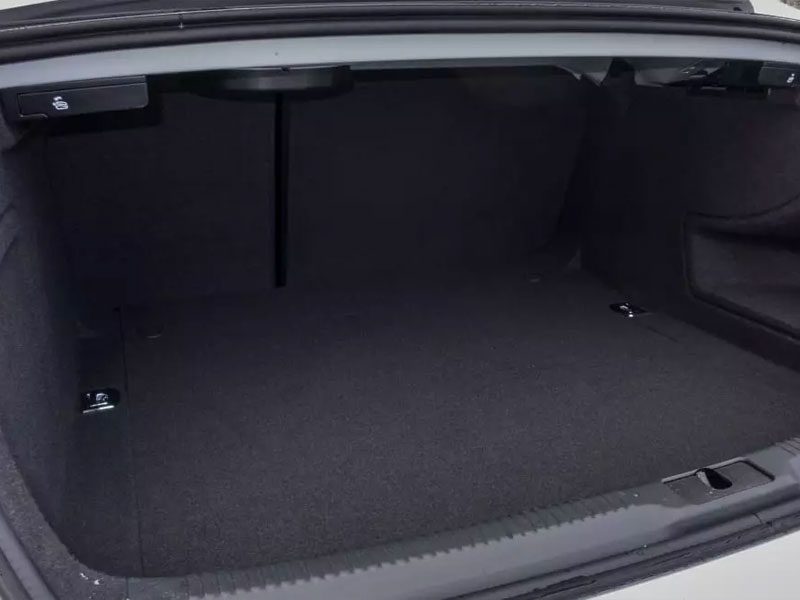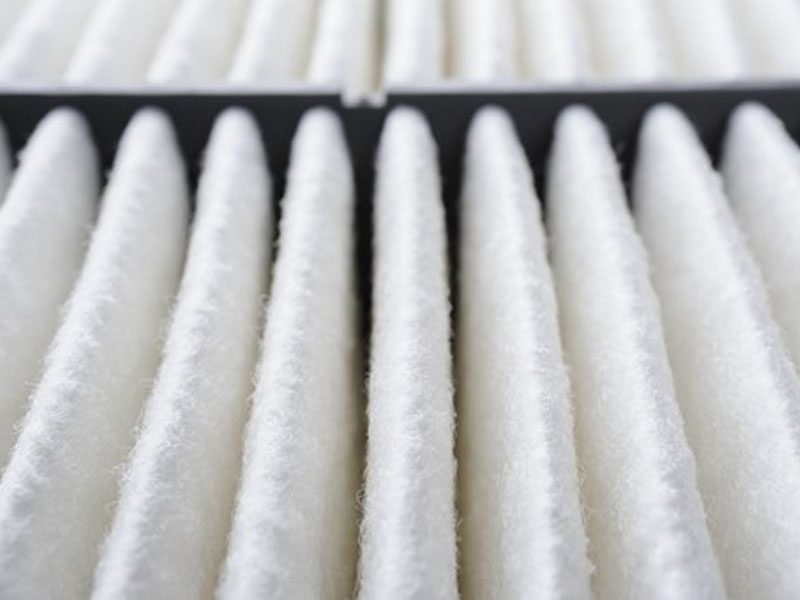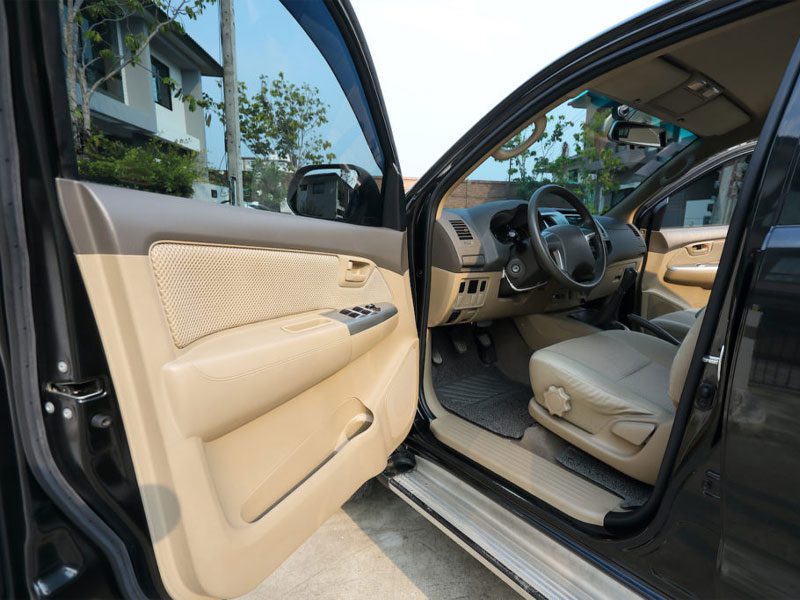What Is Automotive Felt Fabric? How Is It Used?
There are more than 1.4 billion cars on the road today. So, it is no surprise that the automotive industry is one of the largest in the world in terms of revenue and employment.
Each of these vehicles require a significant number of resources such as steel, rubber, plastic, and aluminum. These raw materials go into everything from the engine to the circuit boards that control the car’s onboard computer system.
One of the often-overlooked parts needed in manufacturing a car is automotive felt.
What Is Automotive Felt?
Automotive felt is any type of felt that goes into the manufacturing of automotive vehicles. Truthfully, this is a very broad definition as vehicles may use many different types of felt.
However, automotive felt differs from the ordinary felt that your grandma uses to make slippers in one important way – it has to be extremely precise.
Vehicle manufacturers are notorious for being extremely selective about the quality of materials that go into their vehicles. This is why manufacturers who work in the automotive industry need to ensure that every single piece of product that leaves their line needs to meet rigorous standards.

These standards are the same with automotive felt.
How Is Automotive Felt Used?
Automotive felt is used all throughout the vehicle from the engine to the trunk. And these applications are not all for the same purpose.
Some automotive felt is used as acoustical material to reduce the sound outside of the vehicle. Other felt is used as thermal insulation to keep parts of the engine from getting too hot.
Vehicle Headliner
Headliners cover the ceiling of a vehicle to hide the bare metal and electronics.

The headliner is a very important part of any car because it also adds a layer of acoustic properties to diminish sounds outside of the vehicle.
Felt is often used to add protection to these electronics and then it is covered with a stretchy woven fabric such as nylon or cotton to make the headliner.
Thermal Insulation
One of the most common problems when manufacturing a vehicle is finding areas where the heat of the engine is disrupting other parts of the car.
Automotive felt is a great solution to this because of felt’s thermal properties.
Car manufacturers will often find hotspots that need to be cooled down and felt has proven one of the most cost-effective ways to do this.
Trunk Liner
Trunk liners are the material used to protect your trunk against damage from dirt or spills.

Trunk liners needs to be inexpensive, durable, and able to be molded into the perfect shape to fit different styles of trunks.
Automotive felt fits each of these characteristics which is why you will find this fuzzy nonwoven felt in so many trunks.
Vehicle Air Filtration
You will often find felt used in the air filtration systems in cars because one of felt’s many great properties is in its ability to filtrate both liquids and gases.

So, the next time you take a big breath of clean air in your car, you can thank automotive felt!
Door Panels
Doors are often filled with thick, airy felt to add an extra layer of acoustical insulation to vehicles.

Felt allows doors to reduce the sound of the road while maintaining a relatively light weight so as to not add additional strain on door hinges.
Buzz, Squeak & Rattle
Even with all of the previously mentioned applications for felt in vehicles, car manufacturers still use it as a last resort when something in the car buzzes, squeaks, or rattles.
Automotive felt’s large list of beneficial characteristics allows it to be used in the nooks and crannies of cars where wires may wiggle, or buttons may jiggle.
Choosing An Automotive Felt Manufacturer
Choosing the right automotive felt manufacturer can be a challenge as many felt manufacturers specialize in only a small range of densities.
Another problem arises in the fact that automotive felt needs to have a very low margin of error.
Felt manufacturers who usually focus on other industries such as clothing or filtration will have trouble getting their machines to make products with minimal variations.
Bouckaert Industrial Textiles has been a leading manufacturer of nonwoven felt for more than 30 years.
Our plant, located in Rhode Island, has the capability to manufacture a wide range of felt specifications because of our focus on custom manufacturing.
Whether you need extremely dense, fire-resistant felt for thermal insulation or thick and fluffy felt for door panels, we can help you manufacture it.

